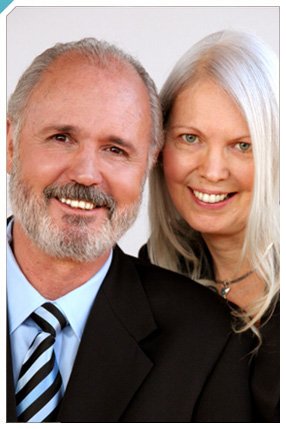Appreciate the Good
By Maria Fontaine
After I commented on my blog about a Christian song that I had found particularly inspiring, someone wrote and asked if I was aware of certain personal details about the singer/songwriter. I wasn’t, and learning these things about him came as a bit of a surprise.
I still appreciate the song, though, and I don’t feel that this man’s lifestyle choices change the fact that the song contains a beautiful truth. I’m thankful for the way that song moved me, and for how it is reaching people with God’s love.
We don’t have to embrace everything about a person in order to appreciate the good that he or she does. If we can take on this attitude, it will help us to be less exclusive and to find common ground with people who are different from us.
If we judged everyone according to things they have done that we don’t agree with, or by the sins they may have committed, we would miss out on a lot of very good things. We would have to reject the book of Psalms, because the author of most of those psalms, King David, plotted an innocent man’s death (2 Samuel, chapter 11). And we couldn’t appreciate Moses’ leadership or the five books of the Bible that were authored by him because he killed a man in a moment of anger (Exodus 2:11–12). We wouldn’t appreciate and benefit from a good deal of the New Testament, either, because the apostle Peter denied Jesus (Matthew 26:69–75), and the apostle Paul persecuted some of the first Christians before he found Jesus (Acts 22:4; 26:9–11). We would have little inspired music if we started to dissect the lives of those who wrote or produced each song. For that matter, we’d have very little in life that we could appreciate or benefit from, because no one is perfect. Where would we draw the line?
The point is, when we see a beautiful piece of art or hear some beautiful music, we can appreciate it and the inspiration behind it. Even if the artist or composer didn’t know where that inspiration was coming from, we do. “Every good and perfect gift is from above, and comes down from the Father of lights” (James 1:17).
Think about Jesus’ interactions with mankind when He lived as one of us. He welcomed people who had made choices that He certainly didn’t agree with. Those things weren’t what mattered to Him. What mattered was that they wanted His love, and He gave it freely. If Jesus, perfect and without sin, was that accepting and welcoming of everyone, how can we do less?

If Jesus, perfect and without sin, was that accepting and welcoming of everyone, how can we do less?
